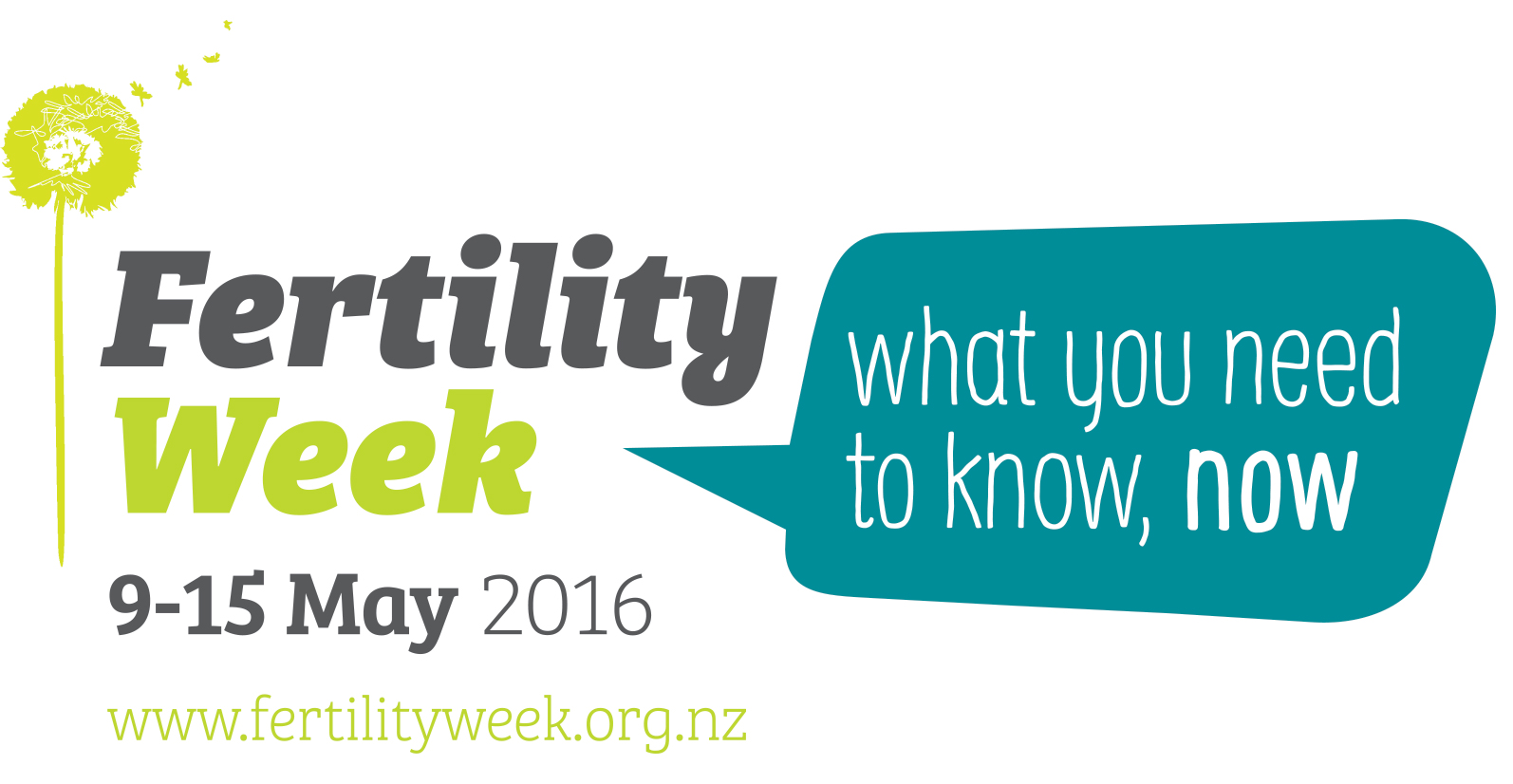
May 9th to 15th 2016
Join us for fertility discussions, advice & support
Webinar - A Fertile Lifestyle
Your lifestyle influences your baby and future generations!
- Preconception health means paying attention to all the factors required for fertility and the creation of a healthy fetus and the absence of all the factors detrimental to fertility and the formation of a healthy fetus. It simply aims for optimal general and reproductive health of both partners to ensure viable fertility and the health of the egg, sperm and ultimately the health of the child
- Maturation of egg and sperm takes 100-120 days, therefore the preconception period is a minimum of 4 months
- The fetus takes cues from the uterine environment to prepare itself physiologically for the rest of its life
- The uterine environment conditions not only the fetus but the cells which give rise to sperm and eggs in the fetus, leading to effects in the 2nd generation
- The health of the egg and sperm reflects health / toxicity of the environment in which they grow
Exercise
Regular moderate exercise (1 hour, 3 times per week) can benefit overall physical, emotional and general wellbeing which has a positive effect on fertility. However, excessive exercise can negatively affect fertility in both men and women. A study examining 2,232 women undergoing IVF) found that women who engaged in cardiovascular exercise for 4 hours or more per week for as little as one year prior to the treatment had a 40% decrease in live birth rate.
For men, excessive exercise should also be critically assessed, especially with regard to testicular heat which negatively impacts sperm health. The scrotum is designed to be several degrees below core body temperature for normal sperm production. Increased scrotal temperature can hamper sperm production. To protect your fertility, don't wear tight underwear or athletic shorts. If you bike or remain seated for long periods of time, take frequent breaks. Don't place a laptop computer directly on your lap, or carry your mobile phone in your trouser pockets. Avoid hot tubs, saunas and steamy baths.
Stress
There is an association between increased levels of psychological stress and impaired reproductive performance. It is difficult to confirm a cause–effect relationship because the major measurements of stress are subjective and there is lack of consensus in defining and measuring stress levels. There is also some evidence of a negative effect of increased levels of stress and IVF success. It is advisable to have some awareness as to how stress may be affecting your health and find ways to reduce it e.g. exercise, yoga, rest and relaxation, meditation.
Manage stress. Stress can decrease sexual function and interfere with the hormones needed to produce sperm as well as egg development and healthy menstrual cycles.
Caffeine
Consuming caffeine is associated with an increased time to conception and research suggests that the risk continues to rise with increased caffeine consumption. There is also an association between high levels of caffeine consumption during pregnancy and an increased risk of stillbirth. Recent reports suggest that an excessive amount of caffeine can reduce and retard the quality of sperm a man produces. As little as 3 cups of coffee a day can have a seriously detrimental effect.
Thus, the recommendation has been made that people trying to conceive limit their caffeine intake to the equivalent of less than 2 cups of coffee each day. Remember energy drinks, some soft drinks and teas as well as chocolate also contain caffeine
Several studies have shown that 300 mg of caffeine a day increases the time to conceive and increases the chance of miscarriage. Some studies show an adverse effect at lower doses. 300 mg caffeine is equivalent to 3 cups of coffee or 3-6 cups of tea or 10 cans of cola).

